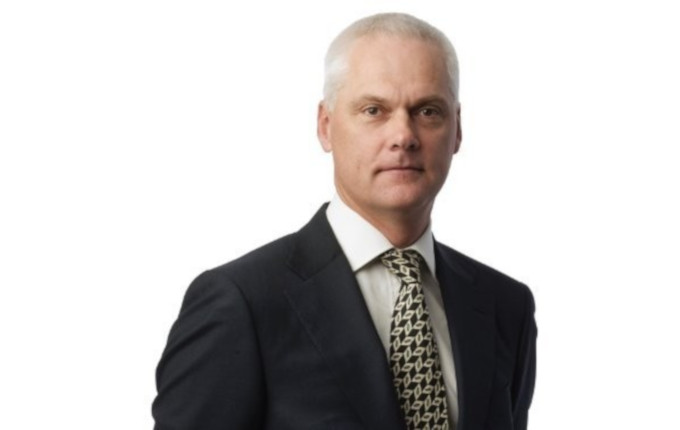Cbus CEO Justin Arter expects to see more consolidation among smaller funds as the proposed super reforms might cause these funds to rethink their purpose in life.
Register to Access this Exclusive [i3] Insights Article
Create a free account to access exclusive interviews with asset owners, revealing insights on investment strategies, market trends, and portfolio allocations.
If you already have an account you can Login .
If you have any issues registering an account please send us an email at [email protected].


